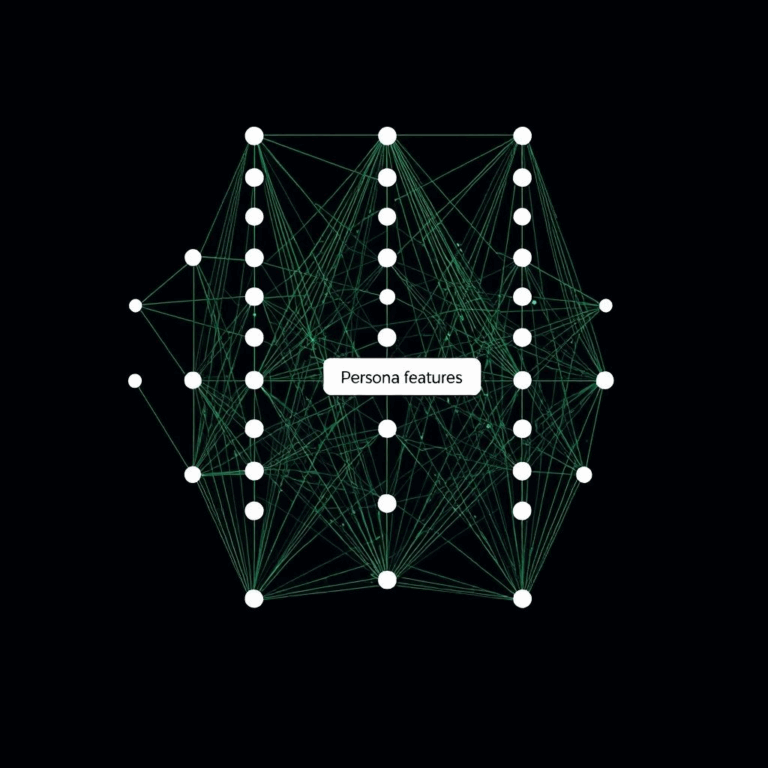Introduction
The UK’s Competition and Markets Authority (CMA) is conducting an in-depth investigation into Google’s AI-powered search features, which have drawn criticism for stifling competition and disadvantaging smaller search engines. The CMA’s move to potentially designate Google with a “strategic market status” could lead to sweeping changes in how AI is integrated into search platforms globally.
Background: Google’s AI Integration in Search
In recent years, Google has integrated advanced AI technologies into its search engine, such as:
- AI Overviews: Summarized responses to queries that appear prominently in search results.
- AI Mode: A conversational interface that uses generative AI for real-time user interactions.
While these innovations have enhanced the search experience, they have also led to accusations of “self-preferencing,” where Google prioritizes its own AI features and products over those of competitors.
What’s Happening: The CMA Investigation
The CMA’s probe focuses on whether Google’s AI practices harm competition by:
- Restricting User Choice: Smaller search engines claim that Google’s dominance limits visibility and user access to alternative services.
- Impacting Publishers: Media outlets and content creators argue that AI Overviews reduce traffic to their websites by providing answers directly in search results.
As part of its investigation, the CMA is considering labeling Google as having “strategic market status.” This designation would impose stricter regulations, such as:
- Mandatory choice screens for users to select alternative search engines.
- Transparency requirements for AI algorithms used in search.
- Prohibitions against favoring Google-owned services in search results.
Reactions from Stakeholders
- Rival Search Engines:
Companies like Bing and DuckDuckGo have welcomed the CMA’s actions, emphasizing the need for fair competition in AI search.- “This is a step towards leveling the playing field,” stated a spokesperson from DuckDuckGo.
- Publishers and Media Groups:
Many publishers have expressed support for the probe, citing significant traffic losses due to Google’s AI features.- A publishers’ alliance representative commented, “AI innovation should not come at the cost of content creators.”
- Google’s Response:
Google has defended its practices, arguing that its AI integrations enhance user experience and innovation. The company warned that excessive regulation could stifle progress and harm consumers.
Impact of Potential CMA Actions
- On Competition:
If implemented, CMA’s measures could force Google to give equal prominence to rival search engines and services, reshaping the search landscape. - On Publishers:
Regulations requiring transparency in AI algorithms could provide publishers with insights to better optimize their content for AI-driven search features. - On Google’s Operations:
Google may need to reengineer its search engine and AI integrations to comply with new rules, potentially delaying future innovations. - Global Precedent:
The CMA’s decisions could influence regulatory actions in other regions, including the EU and the U.S., where similar concerns about AI and competition have been raised.
Expert Commentary
- Digital Competition Advocate, Emily Ross:
“This investigation is a landmark moment in the regulation of AI-powered platforms. It demonstrates a growing recognition of the need to balance innovation with fairness.” - Tech Policy Critic, Mark Holden:
“Regulators must tread carefully. Overregulation could deter investment in AI and slow technological progress.”
Future Outlook: What Lies Ahead
The CMA is expected to conclude its investigation and announce a final ruling by October 2025. In the meantime, Google faces increasing scrutiny from regulators and competitors alike. Possible outcomes include:
- Implementation of mandatory choice screens and algorithm transparency requirements.
- Legal challenges from Google, delaying the enforcement of new rules.
- Potential ripple effects in global markets, as other regulators adopt similar measures.
Conclusion
The Google AI probe highlights the tension between fostering innovation and ensuring fair competition in the digital age. The CMA’s actions could reshape not only Google’s operations but also the broader dynamics of the AI-driven search industry. The final decision will be closely watched as a benchmark for AI regulation worldwide.







